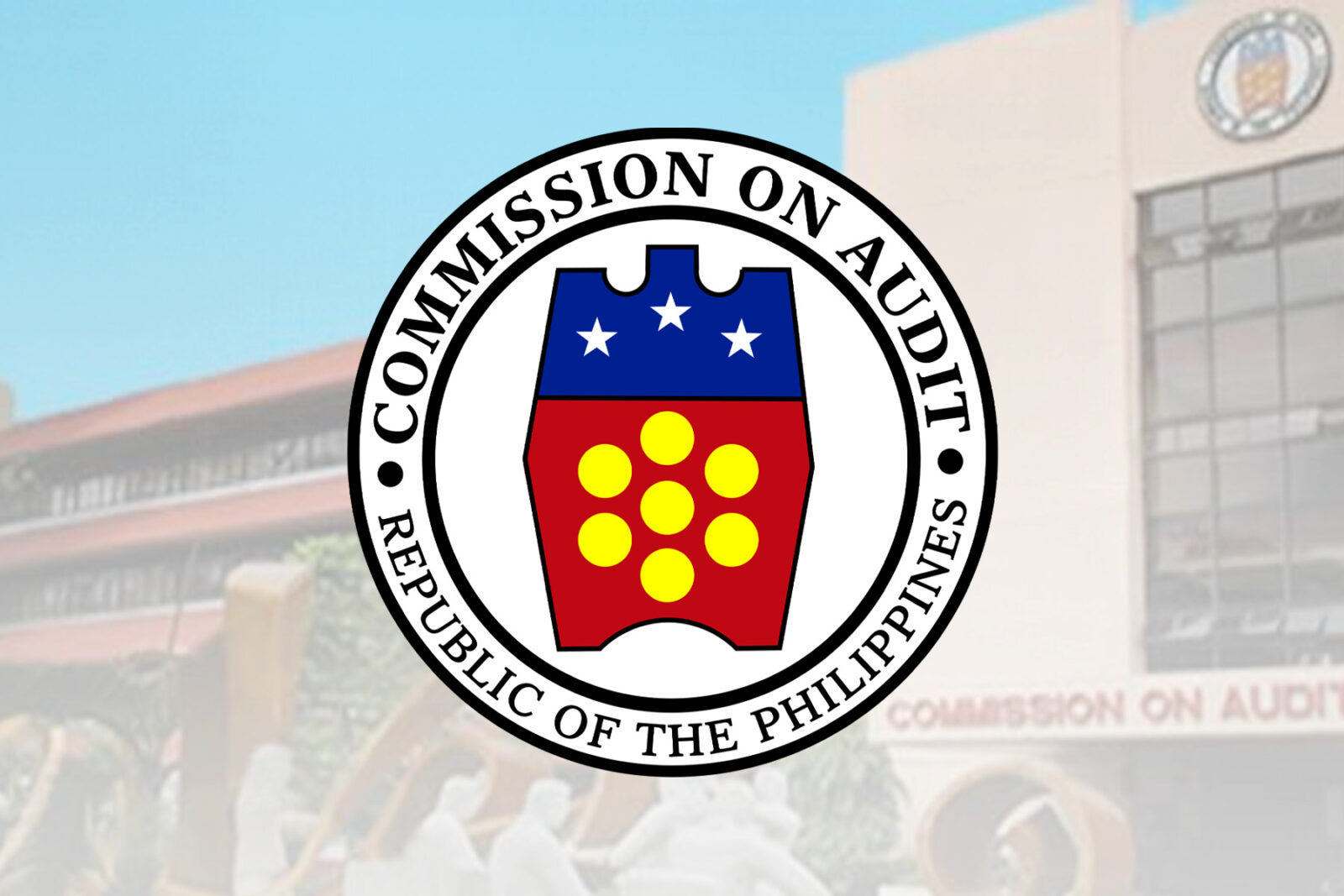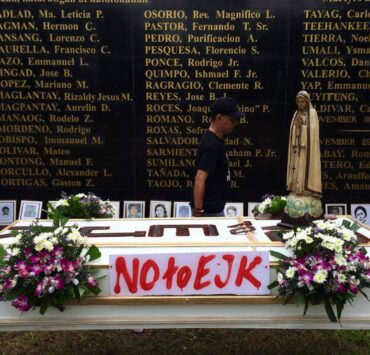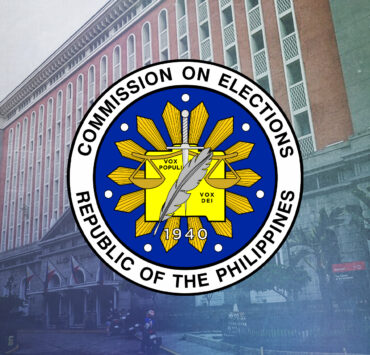COA didn’t flag President’s secret funds, so no inquiry–House panel

The head of the House of Representatives’ blue ribbon panel said there was no need to scrutinize the use of P4.57 billion in confidential and intelligence funds (CIFs) by the Office of the President (OP) because, unlike the Office of the Vice President (OVP), state auditors had not flagged its spending and its mandate involved national security.
Manila Rep. Joel Chua, chair of the House committee on good government and public accountability, also said that the findings of the Philippine Statistics Authority (PSA) on the authenticity of nearly 2,000 names of people who supposedly benefitted from the OVP’s confidential fund would be included in the panel’s report.
The names were on acknowledgment receipts submitted by the OVP to the Commission on Audit (COA) to justify Vice President Sara Duterte’s spending of P500 million in confidential funds from December 2022 to September 2023.
No need for aliases
Chua said there was no need to use pseudonyms or aliases in the acknowledgment receipts as the COA had set parameters to keep the real names secret in the documents needed to be sealed in envelopes marked “CONFIDENTIAL.”
The envelopes are kept inside vaults before they are submitted to state auditors as provided in the Joint Circular No. 2015-01 governing CIFs. The special disbursing officer and the head of agency were required to certify their compliance with the JC 2015-01 requirement, he said.
At a press briefing on Wednesday, Chua pointed out that the CIF allocated to the office of President Marcos was a “different matter.”
“The President, as the Commander in Chief of our Armed Forces, has the duty and obligation which concerns national security,” he said.
Chua said that the OVP’s budget, including confidential funds, were the subject of a privilege speech and a resolution for an inquiry and the committee was confined to it.
No role in nat’l security
1-Rider Rep. Ramon Rodrigo Gutierrez said that if someone delivered a privilege speech or filed a resolution alleging the use of the OP’s CIF in expenditures not related to national security, the committee would definitely look into the matter.
In the case of the President’s CIF, there was no one who made an allegation against it in the same way that the OVP was called out for its use of its confidential funds, he said.
In addition, the OVP is a civilian office not directly involved in national security but the bulk of its spending consisted of intelligence funds, Gutierrez said.
He added that the COA did not issue a notice of disallowance on the OP, unlike the OVP. the COA disallowed P73 million of the OVP’s P125-million confidential fund Duterte used up in a spending spree in just 11 days, from Dec. 20 to Dec. 31, 2022. The OVP was not compliant with its documentary requirements for liquidation of the amount.
The lawmaker noted that, as far as the committee was concerned, the COA’s issuance of a notice of disallowance for the use of secret funds was unprecedented, “That’s why the inquiry zeroed in on the disbursement (of confidential funds) by the OVP and its related agency at the time, the Department of Education (DepEd),” Gutierrez said.
Chua said that his committee was still awaiting the result of the PSA’s verification of the 1,992 names indicated in the acknowledgment receipts submitted by the OVP to the COA to justify its payments from its confidential funds for rewards, safe house rentals, travel expenses, as well as for the purchase of information, supplies, food and medicine.
He said that the PSA’s verification findings for the close to 2,000 names would be included in the committee’s report.
The panel initially asked the PSA to verify 677 names in acknowledgment receipts submitted by DepEd to the COA for its P112.5-million confidential fund for the first three quarters of 2023. It was found that 405 of the names had no birth records or certificates and were “nonexistent” while the rest existed but had “multiple namesakes.”
Deficient receipts
Responding to Duterte’s claim that the use of pseudonyms were required in intelligence operations to explain why some of the names, including Mary Grace Piattos, had no birth records, Gutierrez said that as far as the COA was concerned “an intelligence operation was not a basis to use pseudonyms.”
He explained that the joint circular on CIFs required supporting evidence for expenditures, including acknowledgment receipts, to “be accurate precisely for accountability purposes.”
The lawmaker added that the acknowledgment receipts were not only deficient due to the apparent use of fictitious or code names, there was also the “wrong categorization of disbursements” from the confidential funds.
“It’s not just payment of rewards, there was payment of medicine, there was payment of food which were not allowed under the circular so I think some of the acknowledgment receipts were used for those purposes,” he noted.
Parameters
Regardless of an intelligence agency’s operation, “the mere fact that the category is wrong, the disbursement is wrong,” Gutierrez said. “So we really have to look into every piece of acknowledgment receipt and their accuracy to really determine the liabilities of the office involved.”
For his part, Chua noted that JC 2015-01 contained parameters to protect the identity of the confidential fund recipients whose names appear on the acknowledgment receipts,
“So, if what we’re writing down in these acknowledgment receipts are all nicknames, pseudonyms, why even have this strict safety precaution? If that’s allowed, (the acknowledgment receipts) could be placed out in the open for anybody to see since the recipients couldn’t be identified anyway,” he said. INQ
In the case
of the President’s CIF, there was no one who made an allegation against it in the same way that the OVP was called out for its use of its confidential funds, 1-Rider Rep. Ramon Rodrigo Gutierrez said.

















